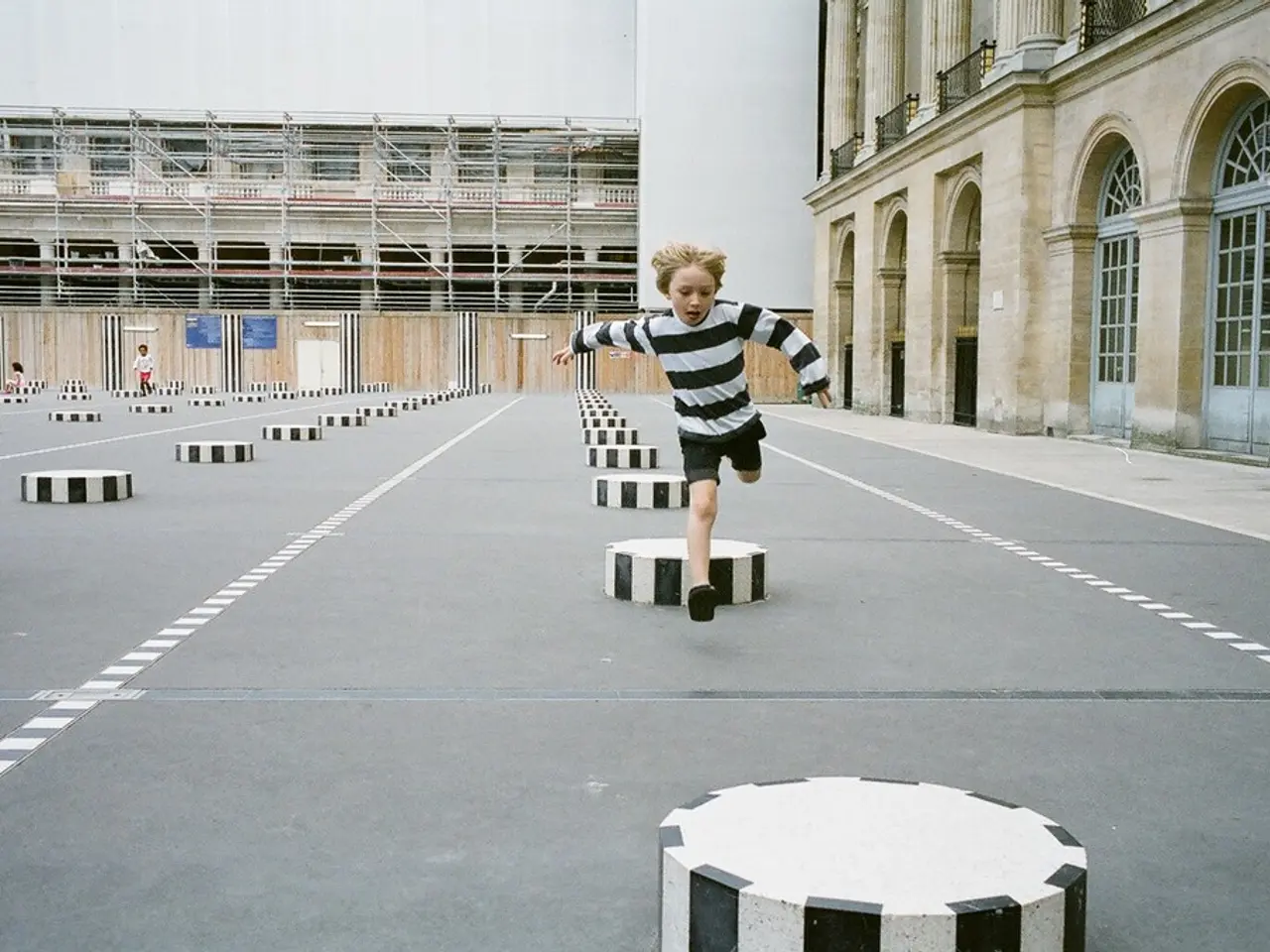Enhancing Educational Approach through Inquisitive and Curiosity-Driven Learning Experiments
Inquiry-based learning (IBL), an educational approach that places students at the heart of the learning process, is gaining recognition for its impact on brain development and academic outcomes. By encouraging children to ask questions, investigate, and construct their own knowledge, IBL fosters a growth mindset and promotes lifelong learning.
A systematic review published in the International Journal of Academic Research in Progressive Education and Development found that IBL contributes to improvements in children's cognitive flexibility, working memory, and self-regulation skills. Teachers who adopt IBL serve not as information providers but as guides who listen, document, and support the inquiry process.
IBL has been shown to enhance engagement and conceptual understanding, particularly in science and mathematics. In inquiry-based science classrooms, emotional engagement increases student interactions and helps establish supportive learning communities. Teachers who attend to students' emotional states can better identify moments of conceptual change, transforming negative emotions into positive ones and reinforcing learning.
Emotions play a critical role in learning outcomes. Activating emotions—both positive and negative—can enhance engagement and promote active learning strategies. Emotional support from teachers, including empathy and praise, is crucial for fostering positive activating emotions and converting negative emotions into productive ones.
Perceived teacher support in inquiry environments positively predicts students' learning approaches and academic engagement, which in turn affects achievement. High levels of engagement reduce academic shame and promote active, inquiry-based learning styles, while negative emotions can lead to procrastination and avoidance. Cognitive engagement in IBL settings also enhances metacognitive regulation, with students becoming better at adapting their learning strategies through social interaction, forming dynamic learning networks.
Inquiry-based learning nurtures the scientist, the inventor, and the problem-solver in every child by teaching them how to find facts, test ideas, and remain open to new understanding. Museums designed for children, such as Museo dei Bambini, feature exhibits that trigger wonder and experimentation, inviting children to ask questions and explore.
Exhibits like the Butterfly Effect, Galton's Fall, Color Lab Table, Spin Maze, and Shadow Splitter at Museo dei Bambini encourage trial and error, hypothesis testing, and understanding cause and effect. These hands-on, interactive experiences allow children to learn about concepts like statistics, optics, color mixing, motion, and momentum in a fun and engaging way.
At home, families can foster inquiry-based learning by letting children explore freely, asking open-ended questions, and resisting the urge to explain everything. By encouraging children to ask questions like "What do you think is happening?" or "What could you try next?", parents can help their children develop critical thinking skills and a love for learning.
In conclusion, the evidence strongly suggests that inquiry-based learning creates optimal conditions for both cognitive and emotional development, leading to improved academic outcomes. By embracing IBL, we can help children become lifelong learners, equipped with the skills and mindset to navigate the complexities of the modern world.
- The Museum of Children (Museo dei Bambini) fosters inquiry-based learning by offering exhibits that stimulate children's curiosity and encourage them to ask questions and experiment, aligning with the educational approach of inquiry-based learning (IBL).
- Cultivating emotional support is crucial in inquiry-based learning environments, as studies show that perceived teacher support positively predicts student learning approaches, academic engagement, and ultimately, learning outcomes.
- Incorporating elements of inquiry-based learning in daily activities, such as encouraging open-ended questions and allowing for exploration and trial and error, can help develop critical thinking skills and promote lifelong learning beyond the classroom, much like the experiences designed at Museo dei Bambini.




